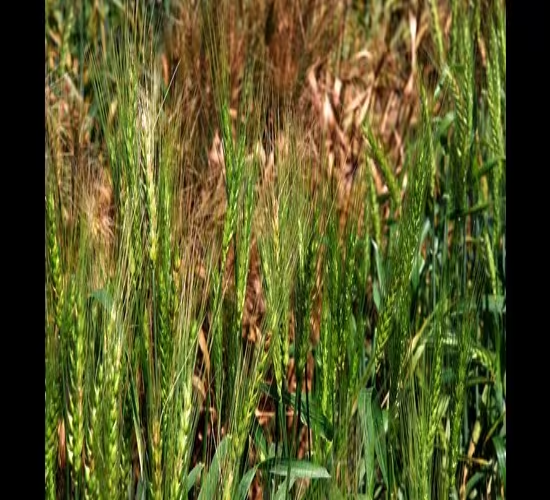BHU researchers identify PGPR strains enhancing wheat protection against spot blotch

A new research study has identified two Plant Growth-Promoting Rhizobacteria (PGPR) strains that act as priming agents, significantly increasing wheat protection against spot blotch.
Spot blotch, caused by the fungus Bipolaris sorokiniana, is a foliar disease posing a significant threat to wheat crops worldwide.
The research, conducted by a team of researchers from the department of botany at Banaras Hindu University (BHU), also revealed a remarkable inheritance of this priming agent to the progeny, providing a promising non-pesticide alternative for sustainable crop protection.
Dr Prashant Singh, Assistant Professor in the department of Botany, who led the team of researchers, explained that conventional methods of combating the disease often involve the use of chemical pesticides, contributing to environmental concerns and raising questions about the sustainability of crop protection strategies.
Dr Singh, along with his team, started working on identifying biological alternatives to chemical pesticides.
“Through rigorous experimentation, we isolated two specific PGPR strains that exhibited a remarkable priming effect on wheat plants, significantly enhancing their resistance to spot blotch,” said Dr Singh.
The discovery holds immense promise for sustainable agriculture by providing a non-pesticide alternative for managing spot blotch in wheat crops. With the inherited priming effect, farmers may be able to cultivate crops with enhanced resistance to the disease, reducing the need for chemical inputs and promoting environmentally friendly farming practices, added Dr Singh.














